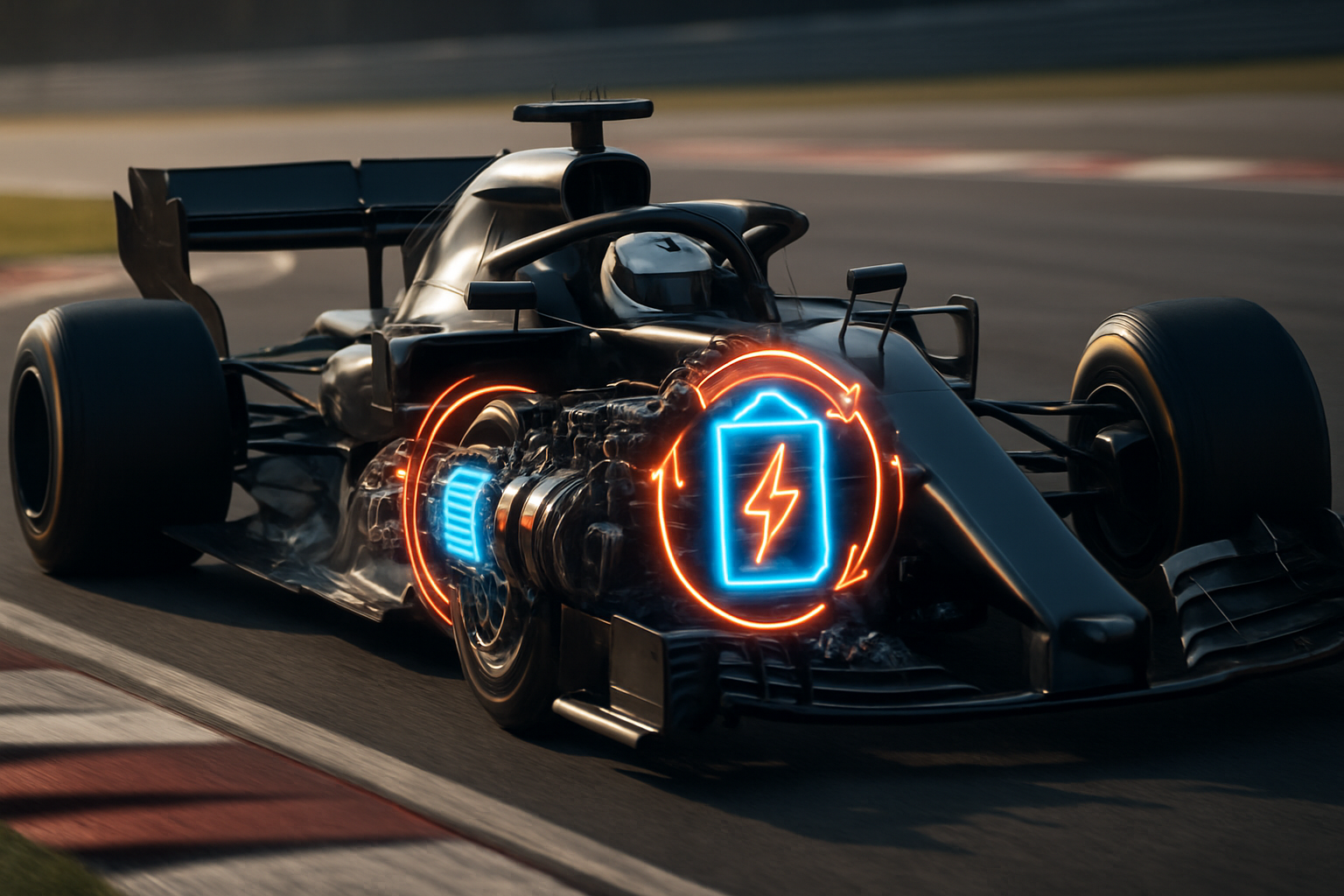Hydrogen-Powered Racing: The Future of Motorsports
The roar of engines, the smell of burning rubber, and the adrenaline rush of high-speed competition have long defined the world of motorsports. But what if we could maintain the thrill while dramatically reducing environmental impact? Enter hydrogen-powered racing, a groundbreaking technology that's set to revolutionize the track. This article delves into the exciting world of hydrogen fuel cell vehicles in motorsports, exploring how this innovative approach could reshape the future of racing while pushing the boundaries of automotive engineering.

The Science Behind Hydrogen Fuel Cells
At the heart of hydrogen-powered racing lies the fuel cell technology. These innovative powerplants combine hydrogen stored in high-pressure tanks with oxygen from the air to generate electricity. This process, known as electrolysis in reverse, powers electric motors that drive the wheels. The result is a vehicle that offers instant torque, impressive power output, and the ability to refuel quickly – all crucial factors in competitive racing. Moreover, the only byproduct of this reaction is water, making it an environmentally friendly alternative to traditional fossil fuels.
Advantages on the Track
Hydrogen fuel cell vehicles bring several advantages to the racing circuit. The instant torque provided by electric motors allows for rapid acceleration, while the ability to refuel quickly mirrors the pit stop experience of conventional racing. Additionally, the weight distribution of fuel cell systems can be optimized for better handling and performance. These characteristics make hydrogen-powered vehicles not just environmentally friendly alternatives, but potentially superior performers on the track.
Challenges and Innovations
Despite its promise, hydrogen racing faces several hurdles. The production and storage of hydrogen remain energy-intensive processes, and the infrastructure for hydrogen refueling is still in its infancy. However, these challenges are driving rapid innovation. Engineers are developing more efficient fuel cells, safer storage solutions, and improved hydrogen production methods. The racing industry, known for its cutting-edge approach to problem-solving, is at the forefront of these advancements, pushing the technology forward at an unprecedented pace.
Impact on Consumer Vehicles
The development of hydrogen racing technology has far-reaching implications beyond the track. As with many automotive innovations, advancements made in the high-pressure environment of competitive racing often find their way into consumer vehicles. The refinement of hydrogen fuel cell systems, improvements in energy efficiency, and the development of safer hydrogen storage solutions all have the potential to accelerate the adoption of hydrogen-powered vehicles in the broader automotive market. This could lead to a new era of clean, efficient transportation that extends far beyond the racetrack.
The Future of Motorsports
As hydrogen racing technology continues to evolve, we can expect to see significant changes in the world of motorsports. New racing categories dedicated to hydrogen-powered vehicles are emerging, while existing series are exploring ways to incorporate this technology. The unique characteristics of hydrogen fuel cell vehicles could lead to new racing strategies, track designs, and spectator experiences. Moreover, the shift towards hydrogen power could attract new sponsors and manufacturers to the sport, injecting fresh energy and innovation into the racing world.





